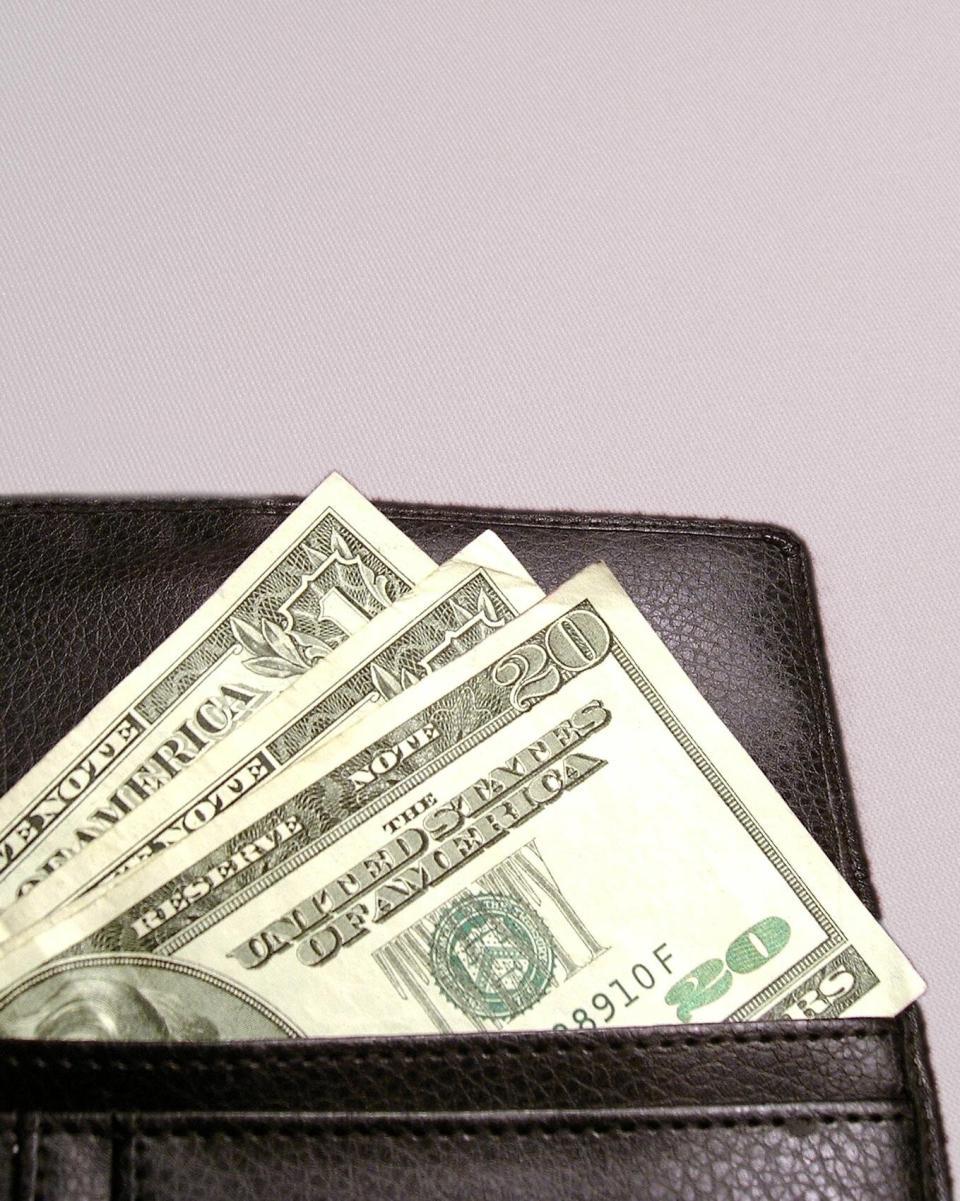How to Pay Off Your Wedding During Your First Year of Marriage

Considering the average cost of a wedding in the United States comes in around $35,000, you're probably not surprised to hear that many couples struggle financially during their first year of marriage. If you put more than a few thousand dollars of wedding-related expenses on your credit card, you and your new husband might worry about how you'll come up for air. In addition to being a bummer for your social life, debt has long-term consequences for your credit score and your loan applications down the road.

"The first year of marriage often comes with numerous other big expenses. Many couples will make a big move to the city they choose to settle down in, buy their first home, or even buy a car or two," Roman Shetyn, the CEO and co-founder of RewardExpert.com, says. "Getting out of wedding debt right from the get-go ensures that couples can focus on other big plans and investments as they begin their life together." Since it won't happen overnight, give yourself those 12 months of post-wedding bliss to get the number you owe down as low as it can go. Not sure where to begin? No problem. Here, financial experts share their best strategies for paying off your wedding ASAP:
Related: Money Management Tips for Newlyweds
Use your wedding expenses to pay for your honeymoon.
Sheytn says it's still possible to enjoy a post-nuptial vacation without racking up more debt. His advice? Use the points you earned from paying for wedding expenses on your credit card to fund your honeymoon. "Big ticket items, like the venue and catering, can typically be charged to a credit card. Being a savvy spender can help cut back on other expenses by making your money work for you," he explains. And, if you're okay waiting a year or two before having your honeymoon, you could also use those points toward your balance instead.
Start with the smallest balance first.
Erin Lowry, author of Broke Millennial: Stop Scraping By and Get Your Financial Life Together, says that when you look at your overall financial landscape together, you might feel so paralyzed by the idea of making a dent in your debt that you don't move at all. Instead of letting the numbers get to you, she says to tackle the smallest amount first and go from there. "Write down all the debts from smallest to largest, and the minimums due on each," she says. "The interests rates aren't the important factor in this strategy. You'll want to always pay the minimums due on each card, but any leftover money you have to put at debt should be applied to the smallest balance first. You'll pay that debt off quickest and it can get that mental boost to keep pushing through to pay the rest down. Once you've paid off the smallest debt, you apply that payment to the next smallest on the list and keep rolling."
Use a balance transfer card to manage your debt.
If you don't know how much interest you're paying on your current credit card balances, you should read that fine print ASAP. Depending on how high your APR (annual percentage rate) is, you might be paying more than you need to in fees. One way to combat this, according to Shetyn, is to use a balance transfer card. "If you do choose to put your wedding charges on a rewards credit card, once you've earned your rewards, look into transfer balance credit cards," he says. "These cards allow you to transfer your debt to a card that has a low introductory APR rate. Look for a card that offers 0 percent APR for the first 12 to 18 months, like the Chase Slate or the Citi Simplicity Card. This will help you avoid accruing interest on your wedding expenses in your first year, making it more manageable to pay off your debt."
Commit to a monthly deposit.
It wasn't just your last name, your address, and your tax picture that changed when you got married. Now you and your new husband are financially tied together, both in love and in debt. "Discuss your finances and lay out a timeline in which you want to pay off your debt. Find an amount you both can contribute to on a monthly basis and stick to it," Sheytn says. "This may involve making sacrifices on a daily basis, like avoiding those $5 lattes every morning or packing your lunch for work. However, with persistence and commitment, it will make the task much more manageable."